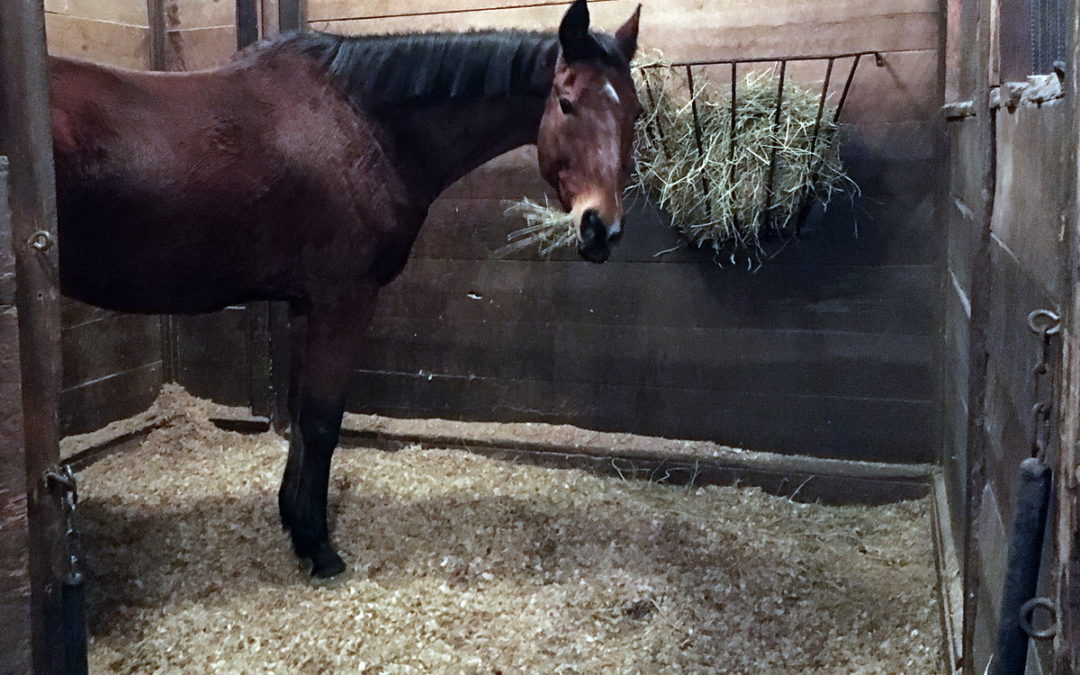So close, and yet so far.
The bill to end the sales tax on stalls for boarding horses finally passed the state Legislature almost unanimously, but New Jersey Gov. Phil Murphy didn’t sign it. That’s what known as a pocket veto (since it wasn’t vetoed outright) but the effect is the same.
Think of Lucy and the football from “Peanuts”. The process has to start all over again in the new session of the Legislature.
Assemblyman Ronald Dancer, who introduced the legislation in the Assembly for the first time in 2013, is hopeful that the bill will pass again when it is resubmitted, since it got approval in the two-year session that ended Jan. 13, even though it still must go through committees and come up for a vote again in the Assembly and the Senate. He sponsored the latest version with Assembly members Eric Houghtaling and Joann Downey, while in the state Senate, sponsors were Vin Gopal and Steve Oroho,
The question is, will the Governor sign it when it comes before him again?
Ron said he was told that once the Governor gives his budget address next month, there would be a better projection on revenues.
“It looks like here in New Jersey, we do have a better economy; revenue projections appear to be up. So it may be more likely that this bill will move during the new…legislative session based on the fact that we have an economy that is showing increases in…the sales tax, the corporation business tax and the income tax, the three major revenue raisers for the state of New Jersey.”
For that reason, the assemblyman believes, “there would be a greater comfort level to have this bill signed into law in this new (legislative) session.”
“Once you have a level playing field, where the state of New Jerse is not at a tax disadvantage to neighboring Pennsylvania and New York and the equestrian people can board their horses in our state and not be faced with a 6.6 percent sales tax on boarding, I believe there would be an increase in total revenues as a result of the ecoomic activity…more horses, more boarding, more employment and so on. It’s that economic domino effect you get when you reduce taxes.”
But after all the efforts to eliminate the tax, it’s infuriating to fall short at the end.
“Was I disappointed? Yes, very disappointed,” said Ron.
“We worked very hard. This was a bipartisan bill with near unanimous support from 120 legislators.”
So what’s next?
“Generally speaking, when you have a bill that has already made it through the Legislature, those bills are heard early in the new session. There’s a track record here, so it should be heard relatively early,” commented Ron, estimating it could be February or March.”
If all goes well, the Assemblyman believes, “it’s very feasible to get done in the first half of the year, before the summer recess June 30.”
The process has been very frustrating, and everyone who made the effort to write or called to voice their support is entitled to be upset. Let’s hope the Governor signs it this time around, but it won’t happen without the equestrian community making sure its interests are respected at last.




